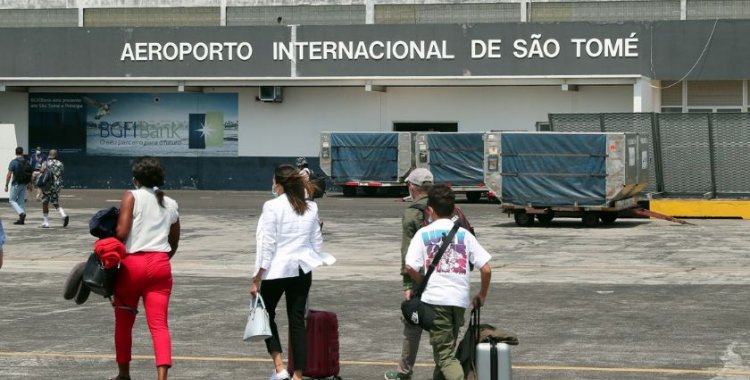Celso Matos, who was speaking during a plenary session, warned the people of São Tomé about what he considered an “urgent and priority issue”, which is the “cholera outbreak in Angola”, ensuring that “actions are already being developed” to prevent the entry of cases into the archipelago.
“At the airport we already have campaign tents, with all the guidelines for all passengers arriving on flights from Angola. There is already a team working on case control with doctors and nurses in the districts and at the central hospital, so we are organizing for a possible entry of cholera cases into the country,” said Celso Matos.
The Minister of Health of São Tomé and Príncipe warned the population to review personal hygiene measures, and called on district councils “to reinforce measures”, namely garbage collection.
Celso Matos warned traders that “food products should not be sold on the floor” (on the ground), a very common practice in São Tomé markets, and asked the population to reinforce the issue of hand washing, use of latrines and bathrooms to prevent a case of cholera from entering the country, and prevent “a very large number” to follow.
São Tomé and Príncipe has weekly direct flights with Angola through TAAG.
Cholera continues to spread in Angola with 255 more cases reported in 24 hours, bringing the total to 3,402, and six deaths, now totaling 114 deaths, according to the latest bulletin from the Ministry of Health.
Since the outbreak began on 7 January, a cumulative total of 3,402 cases have been reported in ten provinces, with 1,661 in Luanda, 1,267 in Bengo, 433 in Icolo and Bengo, 16 in Cuanza Sul, six in Huambo, six in Huíla, five in Zaire, five in Malanje, two in Cuanza Norte and one in Cunene, with ages ranging from 2 to 100 years.
Angola began a vaccination campaign against cholera on February 3, starting in the three most affected provinces (Luanda, Bengo and Icolo e Bengo), with around one million vaccines having been purchased.







